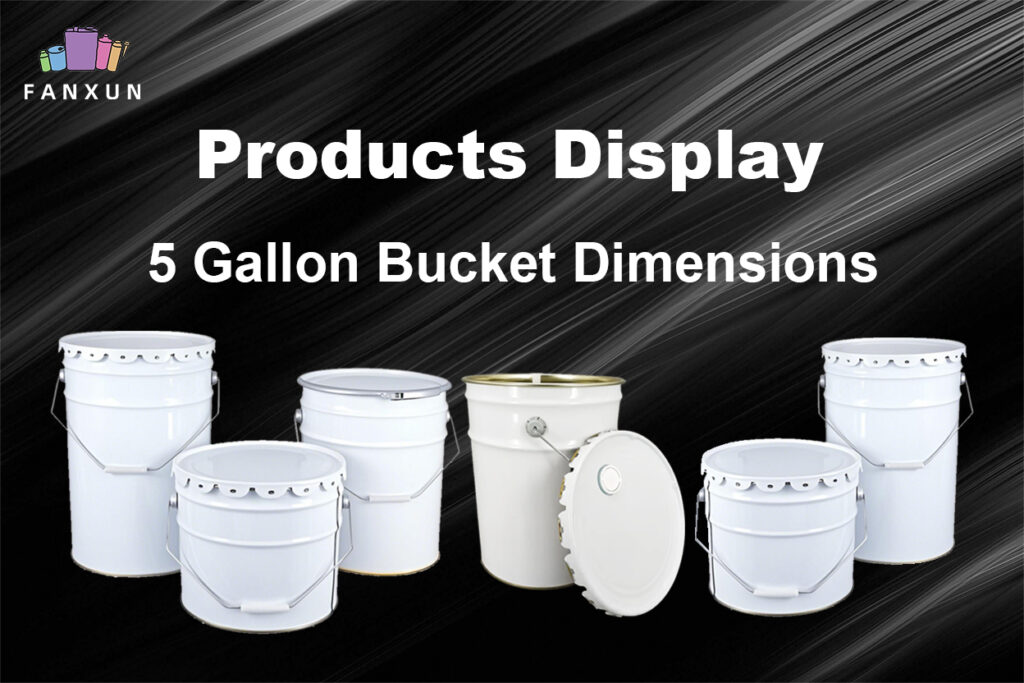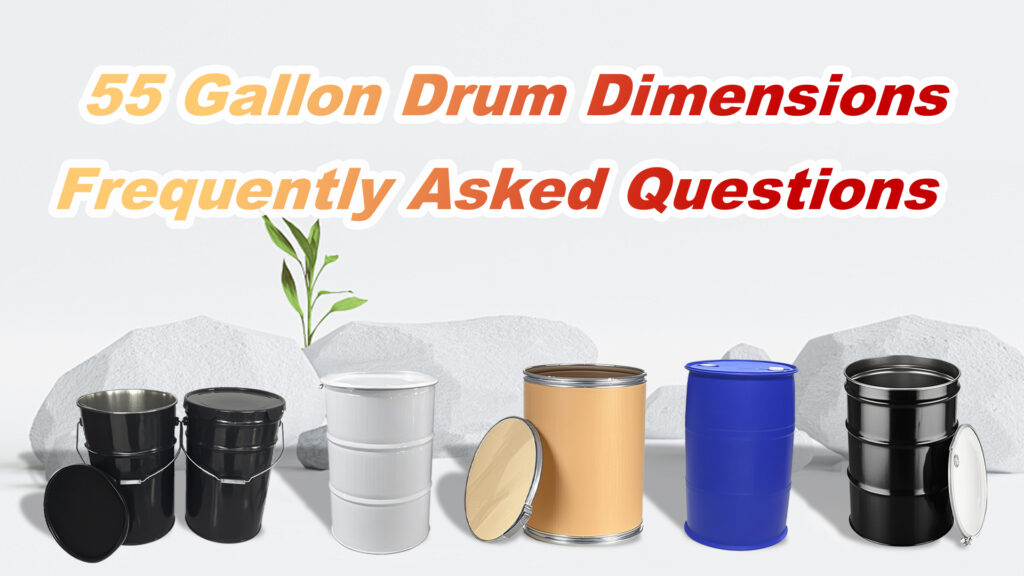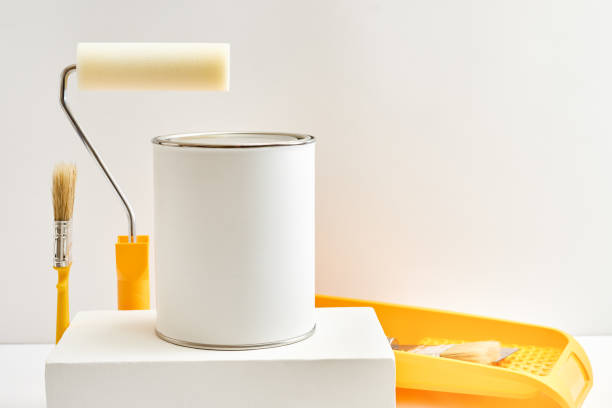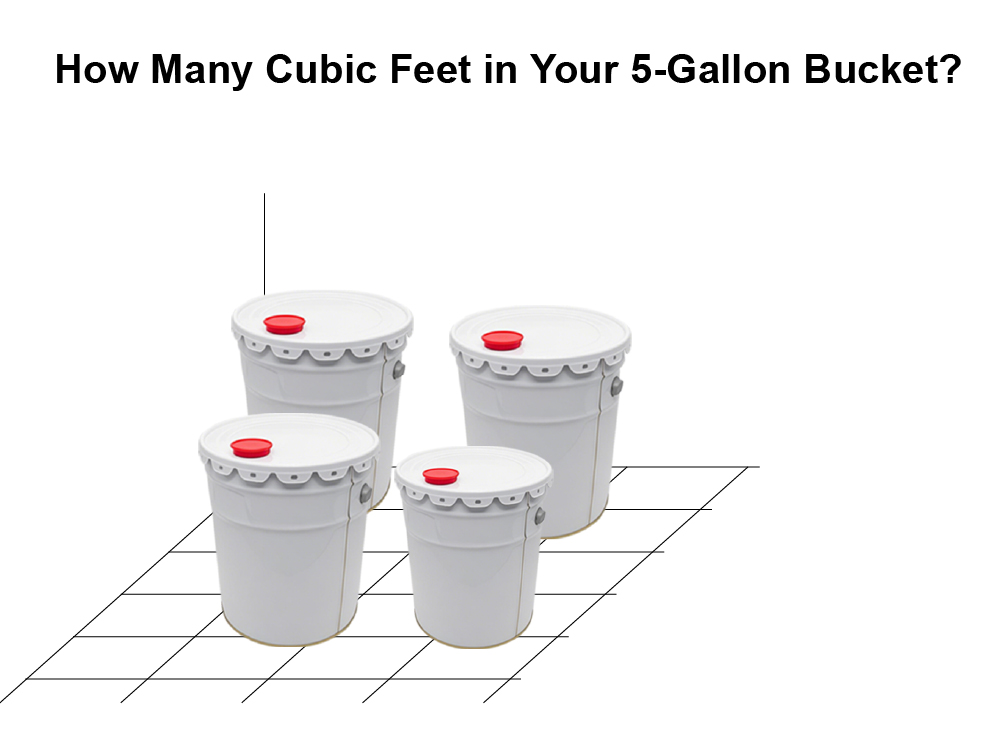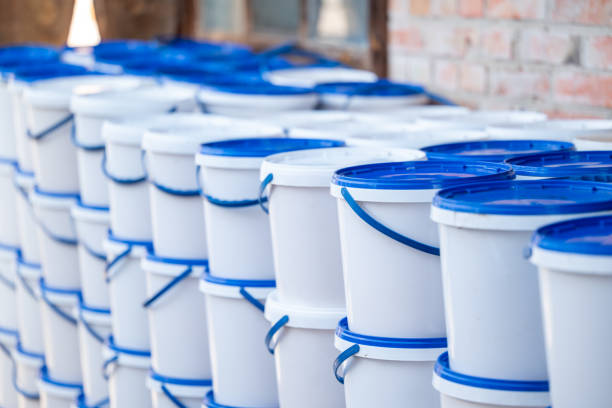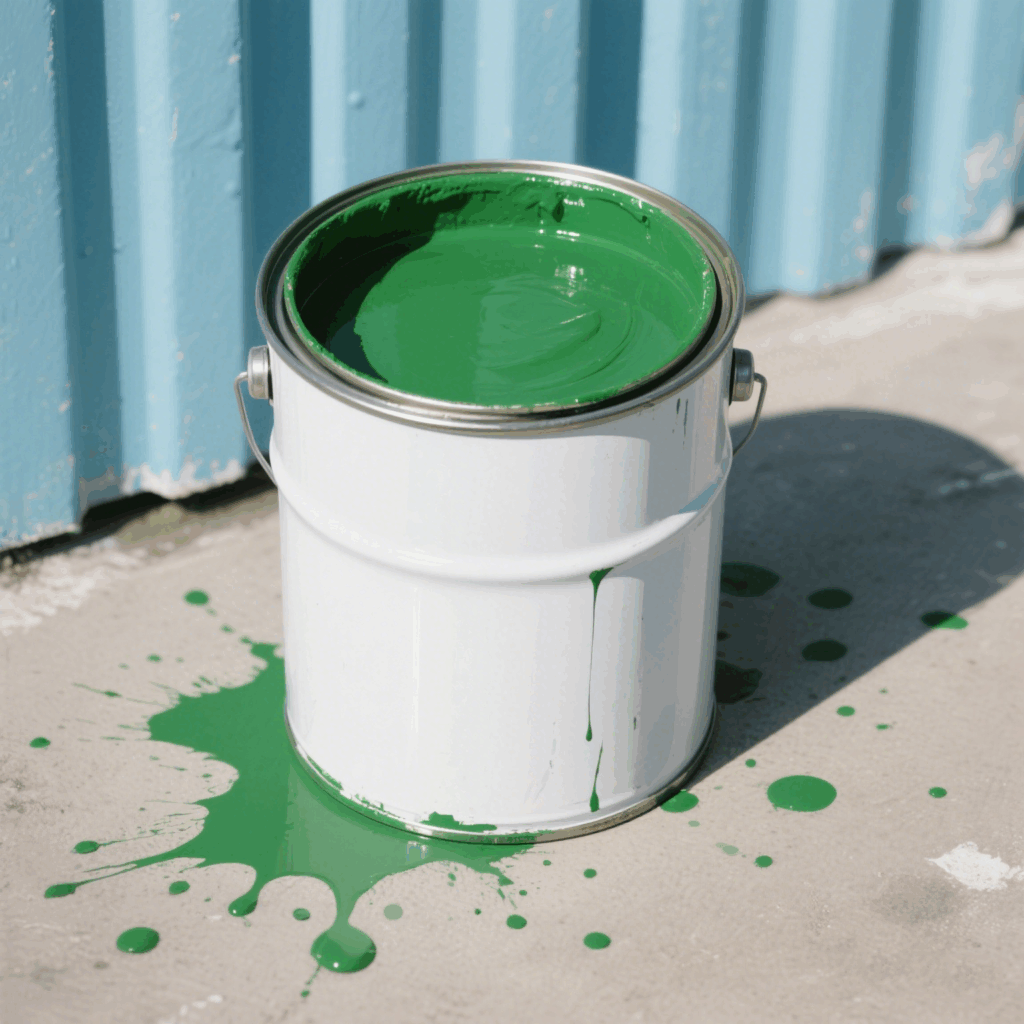If you have some paint left over after completing some renovation projects, don’t throw it away. There are many uses for leftover paint, such as repairing some peeling furniture, duvarlar, vesaire. But it is challenging to preserve the leftover paint for next use, but we can perfectly solve this problem as long as we use good containers. Proper paint storage ensures the life and quality of the paint. Different paint storage containers include plastic and metal. Each type has unique advantages and disadvantages. Key factors to consider include sealing, light and rust prevention. Properly sealed containers prevent air from damaging the paint. Light can degrade the quality of paint. Rust can contaminate paint stored in metal containers.
Containers to store leftover paint
If the original paint can is intact, then place the remaining paint in it. For the extra paint, use a rubber mallet to seal the can tightly around the edges. Fakat, if you don’t have the original paint can, or need to store paint for a longer period of time, you can use another type of container. Örneğin, a plastic paint can or a metal paint can.
Plastic Paint Containers
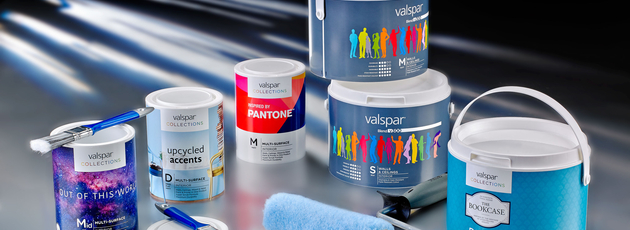
Can paint be stored in plastic containers? Won’t they corrode and affect the quality of the paint? Using Plastic paint containers to store leftover paint is a question that some DIY creators think of, however, many plastic containers are suitable for storing paint. It is important to choose the right type of plastic. Some plastics can react with the chemicals in the paint, causing deterioration. Look for containers marked as HDPE (high-density polyethylene) or PET (polyethylene terephthalate). These types of plastics are safe for storing paint and will not affect subsequent use.
Pros and Cons of Plastic Containers
Pros:
Lightweight and easy to handle.
Transparent options available for easy identification.
Inexpensive compared to other materials.
Cons:
May not provide an airtight seal.
Can degrade over time when exposed to certain chemicals.
Less durable than metal or glass containers.
Metal paint containers
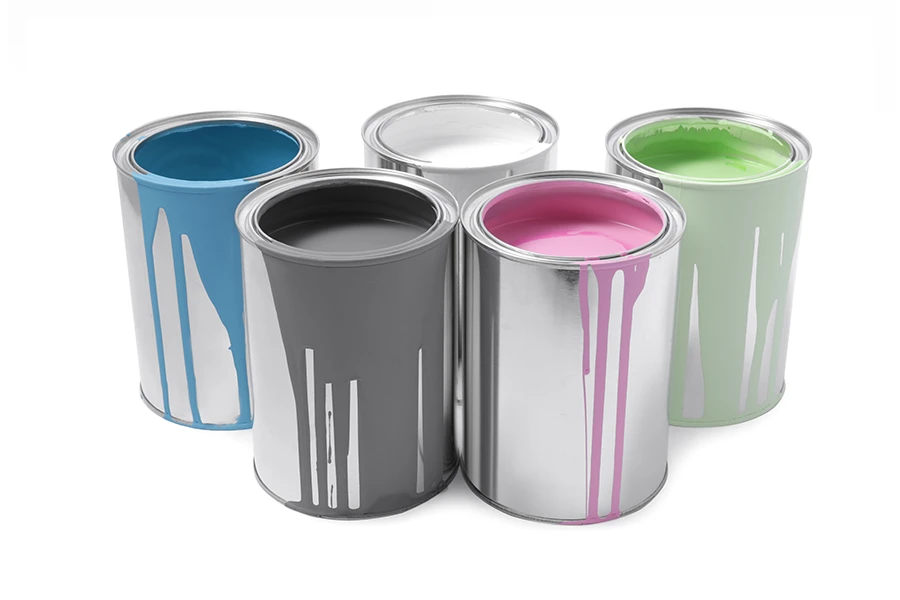
Metal paint cans are common containers for storing paint on the market, but you should be careful to prevent rust when using them. Choose some cans with anti-rust coating, or use tin foil or plastic lining to protect the metal cans to ensure that the paint will not be affected and deteriorate.
Pros and Cons of Metal Containers
Pros:
Highly durable and long-lasting.
Excellent protection against light and air.
Suitable for both water-based and oil-based paints.
Cons:
Heavier and more difficult to handle.
Prone to rust if not properly maintained.
More expensive than plastic containers.
Factors to Consider When Choosing a Container
There are some factors to consider before choosing the right container to store your leftover paint in
Importance of Sealing
Sealing prevents air from entering the paint storage container. Air exposure can cause the paint to dry out and crust over. A proper seal keeps the paint consistent and usable.
How to Ensure a Proper Seal
To ensure a proper seal, use containers with tight-fitting lids. Check the lid for any gaps or cracks. Apply a layer of plastic wrap before sealing the container. This extra step can enhance the seal and keep the paint fresh.
Effects of Light on Paint Quality
Light can degrade the quality of paint. Ultraviolet (UV) light breaks down the chemical structure of paint. This can cause color fading and reduced effectiveness.
How to Minimize Light Exposure
Store paint storage containers in a dark place. Use opaque containers to block out light. If using clear containers, cover with a dark cloth or store in a cabinet. These methods help preserve the original quality of the paint.
Risk of Rusting Metal Containers
Metal containers can rust over time. Rust can stain the paint, making it unusable. Water-based paints are particularly susceptible to rust contamination.
How to prevent rust
To prevent rust, store metal containers in a dry place. Avoid exposing containers to moisture. Consider using a rust inhibitor inside the container. Check containers regularly for signs of rust and treat promptly.
Practical Tips for Storing Paint
In addition to choosing the right container, here are some practical tips to help you store paint

The Importance of Proper Labeling
Properly labeling paint storage containers ensures easy identification. Labels help users find the right paint quickly. Accurate labeling prevents confusion and mistakes. Clear labels also provide important information about the paint.
Store in a dry place
Why is dryness important? Storing paint storage containers in a dry place prevents moisture damage. Moisture can cause paint to deteriorate. Dry conditions help preserve the quality of the paint. Keeping containers dry also prevents metal cans from rusting.
Ideal Storage Conditions
Ideal storage conditions for paint storage containers include:
A cool, dry place away from direct sunlight.
A place with a steady temperature between 60-80 degrees Fahrenheit.
A space out of reach of children and pets.
Separated from food and beverages to avoid contamination.
Özet
Now that you have learned the tips on how to store leftover paint, no matter which type of container you choose, you can save your paint for your next renovation project. To ensure that the paint stays in the best condition, store the container in a cool, dry place away from extreme temperatures and direct sunlight. Storing paint correctly will make your project a breeze.
FAQ on Storing Paint
What do I need to do with my paint container before pouring it into it?
Before putting leftover paint into the container, it needs to be thoroughly cleaned and dried. Remove all old paint, debris, and loose pieces.
How do I properly store paint containers?
Store paint containers in a cool, dry place away from direct sunlight and out of the reach of children
How long can I store paint for?
How long can I store paint for depends on a number of factors, including the type of paint, storage conditions, and whether it has been opened. Genel olarak, unopened paint can be stored for 2-5 years in a cool, dry place
Will I know if my paint has gone bad?
Evet, there are usually some signs of bad paint, örneğin: The paint becomes thicker or lumpy. The paint changes color. The paint emits an unpleasant odor.















